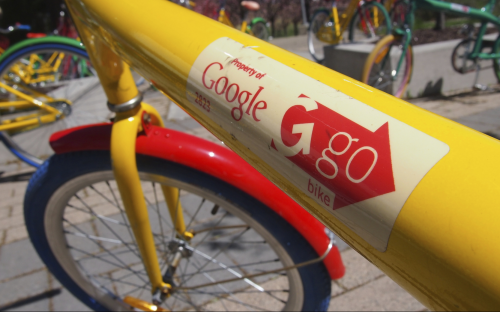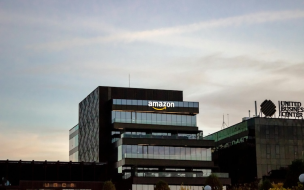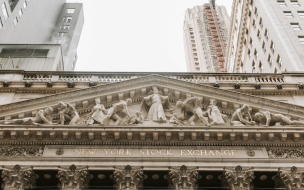The depth of enthusiasm was on display last month when Universum Global poured over the data from its annual Most Attractive Employers Ranking. Given the findings, you’d be forgiven for thinking Wall Street had suffered another Lehman moment. JPMorgan Chase ceded its top-five spot. Goldman Sachs is down in seventh. And the next highest-ranked bank? Morgan Stanley, in the doldrums at 22.
In a reversal of the pre-crisis flood of talent into investment banking, the sexiest firms for rising stars are now found in Silicon Valley. Bye bye banking.
The search giant Google is the most popular employer among US business students for the fourth year running, according to Universum’s survey of 72,000 students at 359 US universities.
Google, whose parent company Alphabet makes bearish bets on everything from driverless cars to medical technology, has become the poster child for the tech groups luring America’s top students away from more traditional fields. Roxanne Hori, associate dean of corporate relations and career services at NYU Stern, says that financial services companies are competing for talent with Google, LinkedIn, Amazon, Microsoft and others.
Students say they’re turned off banks by the long hours, weaker salaries, and savaged reputations.
“When a grad chooses this path, they run the risk of being thought a fool,” cautions Keima Ueno, a Harvard Business School MBA who has worked on the Street.
It’s little wonder, then, that the biggest riser in Universum’s survey is social media network Facebook, which surged from 23 to 12. Apple, meanwhile, has held the third spot since 2012. And Amazon and Microsoft are not far behind.
What’s increasingly alluring about tech outfits, suggests Emily Taylor, director of MBA career education at UCLA Anderson School of Management, is the scale of impact that these companies can make. Google, for instance, claims its search and advertising business helps provide $165 billion of economic activity to businesses.
It helps, of course, that compensation and workplace benefits are competitive with other industries. Apple didn’t just sell 40 million iPhones in the most recent quarter; it made $42 billion in revenue, funding the generous pay packets and perks — from delicious food and beer parties in Cupertino to discounted stock options.
“[Tech] compensation has caught up with investment banking,” says Maeve Richard, director of careers at Stanford’s Graduate School of Business in California. She adds: “The valuations are very good right now for publically traded tech companies, and in the private market there is a lot of liquidity.”
Another motivator, Maeve notes, is the work environment — from the casual attire to coffee-shop hangouts often found in San Francisco’s Bay Area. Tech companies there are intolerant of corporate bureaucracy; product development cycles tend to span weeks, not months. And more value is placed on experimentation and innovation; a study on Silicon Valley work culture by Accenture notes a common mantra is “Do it. Try it. Fix it”.
Take Google. There, says Ashley Bienvenu, a manager at Google Express, the company’s e-commerce experimentation, in Mountain View, “You won’t find micro-managers and cookie-cutter responsibilities.” The HEC Paris MBA adds: “Google promotes challenging the ‘norm’, and out-of-the-box ideas.”
Sometimes, Silicon Valley’s stardust can masquerade the frenetic pace and relentless deadlines that are the behavioural flip side to a laid-back Californian way of life. One need only glance over the damaging revelations of Amazon’s alleged brutal workplace published by the New York Times, which Amazon has denied, to get a sense of the work-life balance, or apparent lack thereof.
“That’s attractive for some people and not for others,” says Daniel Macklin, co-founder of San Francisco fintech start-up SoFi, valued at about $4 billion, and Stanford GSB graduate. He adds, however, that “people work hard but they play pretty hard too”.
It’s not just the bulge-bracket banks that may be failing to convey this sense of fun and entrepreneurialism that millennials — market jargon for 20-somethings — are loathe to sacrifice.
Other sectors are also losing their lustre. Consumer goods groups, including Coca-Cola and Starbucks, fell in this year’s Universum survey. Procter & Gamble was worst hit, tumbling to a low of 44, from 28 last year.
There were significant declines in attractiveness for hardware-focused IT firms and electronics manufacturers, too.
And many business grads wouldn’t touch the traditional energy industry, reeling from the crash in crude oil prices, with a barge pole.
But it is investment banks that are likely to continue bearing the brunt of the shift. Even with bearish salaries, pulling all-nighters in Manhattan skyscrapers just doesn’t pack the same punch as it used to.
RECAPTHA :
ee
ce
1e
2a








